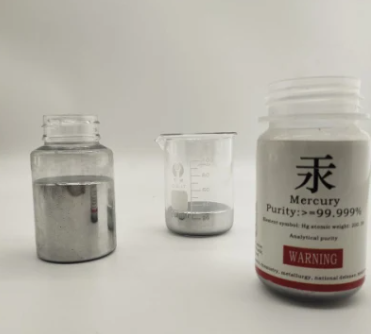
- +86-13363869198
- weimiaohb@126.com

Nov . 12, 2024 15:50 Back to list
methyltestosterone cas 58-18-4
Understanding Methyltestosterone A Comprehensive Overview
Methyltestosterone, a synthetic form of the male hormone testosterone, is recognized by its CAS number, 58-18-4. Initially synthesized in the 1930s, this anabolic steroid has been used for various medical applications but also carries significant risks and controversies regarding its misuse, particularly in sports and bodybuilding.
Chemical Structure and Properties
Methyltestosterone is classified as an androgen and anabolic steroid (AAS). As a derivative of testosterone, it possesses both androgenic (male characteristics) and anabolic (muscle-building) properties. The chemical structure of methyltestosterone includes a methyl group at the 17-alpha position, which provides it with enhanced oral bioavailability compared to testosterone. This modification enables the compound to be effective when taken orally, making it a convenient option for medical therapies.
Medical Uses
Medically, methyltestosterone has been prescribed for various conditions. It is often used to treat androgen deficiency in men, particularly for those suffering from conditions such as hypogonadism. The hormone plays a critical role in developing male sexual characteristics, promoting muscle growth, and maintaining bone density.
In addition to its use in men, methyltestosterone has been employed in certain situations for women, particularly in cases of breast cancer, where it is used as part of the treatment protocol. The hormone can help suppress the growth of cancer cells in specific types of breast cancer due to its androgenic effects.
Moreover, due to its anabolic properties, it has been utilized in some cases to promote weight gain in patients recovering from severe illness or injury. The drug aids in muscle retention and regeneration, making it beneficial in clinical scenarios where patients have experienced significant muscle loss.
Misuse and Controversies
methyltestosterone cas 58-18-4

Despite its legitimate medical uses, methyltestosterone is often associated with misuse in the sports and bodybuilding communities. Athletes and bodybuilders may turn to anabolic steroids to enhance performance, increase muscle mass, and improve overall physical appearance. However, the use of methyltestosterone without a prescription is illegal in many countries, leading to a plethora of health risks and ethical debates.
The World Anti-Doping Agency (WADA) has classified methyltestosterone as a prohibited substance, and its use can lead to serious repercussions for athletes, including bans and damaged reputations. The illegitimate use of this steroid can have severe side effects, including liver damage, cardiovascular issues, hormonal imbalances, and psychological effects such as aggression and mood swings, commonly referred to as roid rage.
Side Effects and Health Risks
While methyltestosterone can provide benefits in a clinical setting, its misuse poses significant health risks. Common side effects include but are not limited to
- Hormonal Imbalances Excessive use can disrupt natural hormone levels, leading to conditions such as gynecomastia (breast tissue development in men) and infertility. - Cardiovascular Issues Increased risk of heart disease, hypertension, and changes in cholesterol levels. - Liver Toxicity As an orally active steroid, it can lead to liver damage and dysfunction, particularly with long-term use. - Psychological Effects Users may experience mood swings, anxiety, depression, and increased aggression.
The combination of these side effects highlights the importance of medical guidance when using hormonal treatments like methyltestosterone.
Conclusion
Methyltestosterone remains a significant compound in both medical and athletic contexts. While it has proven beneficial for certain medical conditions, its potential for misuse and the accompanying health risks necessitate careful oversight. Education on the implications of anabolic steroid use and adherence to medical guidelines is crucial for minimizing risks and maximizing the benefits of such treatments. As society continues to grapple with the ethical implications of performance enhancement in sports, the discussions surrounding substances like methyltestosterone will undoubtedly persist, underscoring the need for informed decision-making based on health rather than performance alone.
-
AI-Optimized CAS: 79099-07-3 Factories for High Yield
NewsAug.01,2025
-
Premium CAS 1451-83-8 Factory with GPT-4 Turbo | AI-Optimized
NewsJul.31,2025
-
Pharmaceutical Intermediates - AI-Optimized Synthesis & Purity
NewsJul.31,2025
-
Top CAS: 79099-07-3 Factories & Wholesale Supplier from China
NewsJul.30,2025
-
High-Quality GS-441524 for White Liquid Type Factories & Suppliers
NewsJul.29,2025
-
High-Quality Pharmaceutical Intermediates for Sale – Reliable Supply
NewsJul.29,2025